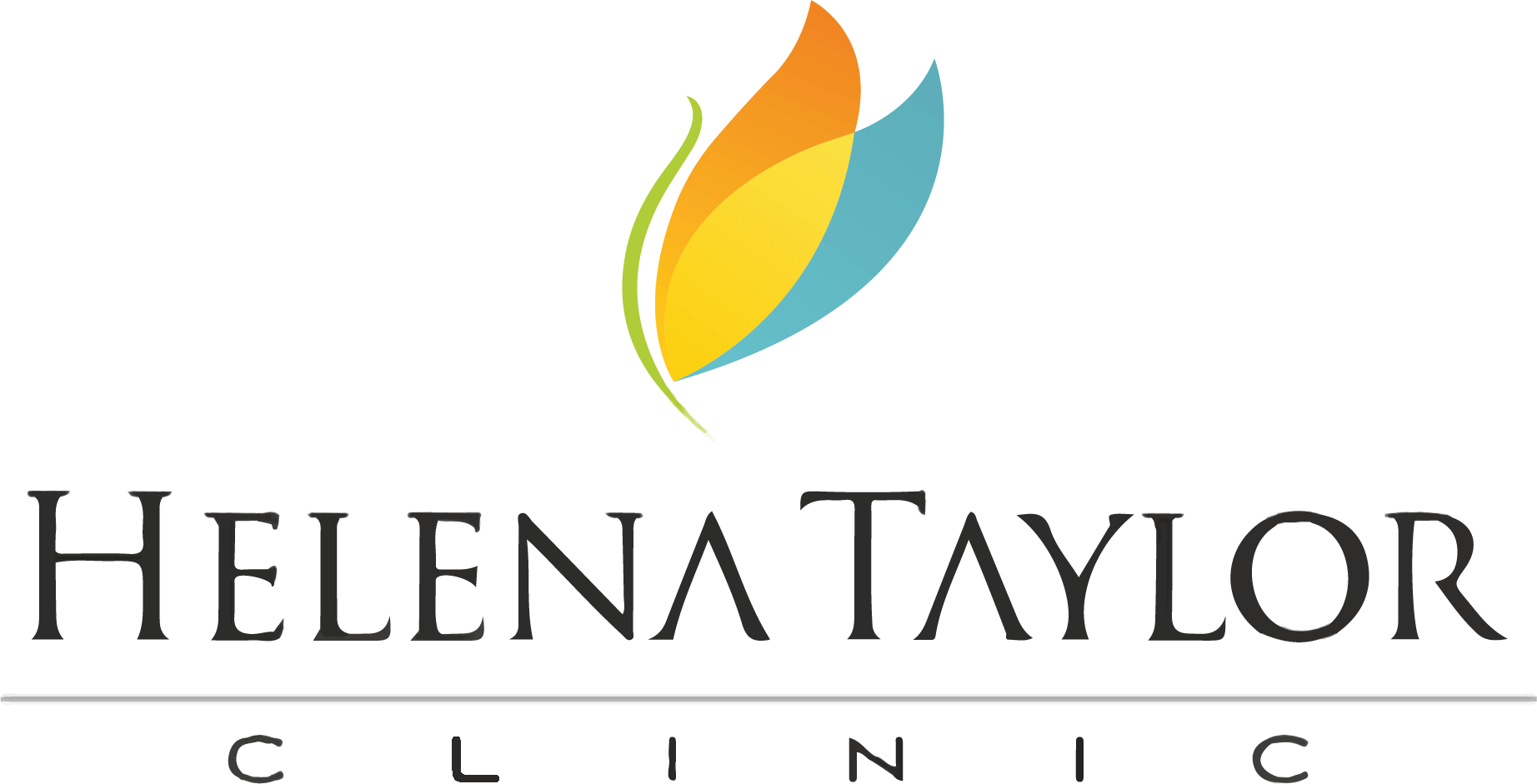There’s a reason why breastmilk is often referred to as “liquid gold”. It is a miraculous elixir that holds incredible value and significance for both mother and baby. This remarkable substance, produced by a mother’s body, is uniquely crafted to provide optimal nutrition, immunity, and emotional connection. Our midwife Noemia gives out an essential guide to breastfeeding for new mothers.
At Dr. Helena Taylor clinic, we are deeply committed to the well-being of both mothers and their precious little ones. We are here to share with you the incredible journey of breastfeeding. There is a profound beauty in this act of nurturing, as it creates an unbreakable bond between you and your baby. It is a remarkable gift that only you, as a mother, can provide—a source of nourishment that goes beyond mere sustenance. In this blog we are going to talk about the top concerns about breastfeeding, especially when you are new mother. You may need a little more support the first time so don’t hesitate to ask your partner and your healthcare provider.Let us first understand why is breastfeeding important.
Breastmilk: nature’s liquid gold
There’s a reason why breastmilk is often referred to as “liquid gold”. It is a miraculous elixir that holds incredible value and significance for both mother and baby. This remarkable substance, produced by a mother’s body, is uniquely crafted to provide optimal nutrition, immunity, and emotional connection. Packed with essential nutrients, antibodies, enzymes, and hormones, it provides everything your little one requires for healthy development and growth. It is packed with balanced proteins, fats, carbohydrates, vitamins, and minerals, an ideal source of nutrition for babies. It also helps your infant to develop well formed jaws, gums and teeth as well as help with early speech development.
Benefits of breastfeeding
Benefits for the baby
Breastfed babies have lower risk of diseases like:
- Asthma
- Childhood obesity
- Ear infections
- Eczema (atopic dermatitis)
- Diarrhoea and vomiting
- Lower respiratory infections
- Necrotizing enterocolitis, a disease that affects the gastrointestinal tract in preterm infants
- Sudden infant death syndrome ((SIDS)
- Type 2 diabetes
- Childhood leukemia
Needless to say, breastfeeding is for all babies. Whether you deliver premature babies, twins, triplets, babies with special needs, all babies can be and must be breastfed.
Benefits for mothers
As beautiful as the act is, breastfeeding allows you to create an emotional bond with your baby. It also protects you from and lowers the chances of:
- Ovarian Cancer,
- Breast Cancer,
- Type-2 Diabetes, and
- Weight-Gain post pregnancy
Here are some dietary recommendations for breastfeeding mothers
- Eat a variety of nutrient-dense foods: Include a wide range of fruits, vegetables, whole grains, lean proteins, and healthy fats in your diet to ensure an adequate intake of essential nutrients.
- Stay hydrated: Drink plenty of fluids, such as water, to maintain proper hydration. Aim for about eight to ten cups of fluids per day.
- Consume enough calories: Breastfeeding requires extra energy, so it’s important to consume enough calories to support milk production. However, the exact calorie needs vary from person to person, so it’s best to consult with a healthcare professional or a registered dietitian for personalised guidance.
- Include omega-3 fatty acids: Omega-3 fatty acids, found in fatty fish (e.g., salmon, sardines) and flaxseeds, are beneficial for the baby’s brain and eye development. Including these sources in your diet can be beneficial.
- Limit certain substances: It is recommended to avoid or limit the intake of certain substances while breastfeeding. These include alcohol, caffeine, and potentially allergenic foods (if your baby shows signs of allergies). Moderate caffeine consumption is generally considered safe, but excessive intakeshould be avoided.
- Be cautious with medications: Consult your healthcare provider before taking any medications, including over the counter or herbal supplements, to ensure they are safe while breastfeeding. Remember, every person’s nutritional needs can differ, so it’s important to consult with a healthcare professional or a registered dietitian for personalised advice regarding your specific situation.
Learning to breastfeed
We recommend that you prepare to breastfeed before giving birth. You must get constant support from your partner, close friends and family members or other young mothers. There are several support groups that you can be a part of which can help you through your anxieties and concerns of breastfeeding. For everything else, we at Helena Taylor clinic, with our team of expert midwives, Osteopaths and our veteran Gynaecologist and Paediatrician are there to support you all around the clock.
Tips for mothers for breastfeeding
Breastfeeding is a process and knowing that every baby is different and may not breastfeed the exact same way prepares mothers to staying persistent. Thinking of breastfeeding as a gradual and gaining game, mothers should make time and be available to nurture their babies.
Learning how to feed your baby may take anything between 2 weeks to 1 month. It is best to limit any distractions while feeding and make it a private time. It can take anything up to an hour to feed a baby. The amount of time the baby sleeps during and between feeds also varies, so move forward with patience and persistence while breastfeeding.
- Getting good prenatal care: This ensures normal delivery and healthy baby, thus less issues with breastfeeding.
- Get medical advice: Though one may have cultural and personal preferences, it is imperative to get medical advice on breastfeeding. Our clinic is baby-friendly, and our midwives offer classes and supervision on how to breastfeed.If you have any general health concerns that may need you to take supplements or medication, talk with our doctors to get yourself on the right treatment protocols to aid breastfeeding. We personally believe in the “3P’s” of breastfeeding – Position, Patience, and Persistence. We emphasise on the importance of the “3 P’s” with the patients and husbands during our antenatal classes, ideally taken between 32 to 34 weeks of gestation.
Certified lactation counsellor or certified breastfeeding educator:
Our midwives are trained and exempt in teaching you how to breastfeed. With patience, sound knowledge of medical conditions around feeding and child’s development, we can help you to help the baby being fed properly.
Infants at times are unable to “latch” or suckle on your breast. We guide you in correcting “baby latch”, mother and baby position, identifying cues of hunger, monitor for any bacterial or fungal breast infection, recognizing if there is any tongue tie, torticollis or neck tension that is creating difficulties for baby to breastfeed correctly.
We also can help to recognise if there is any emotional issue happening, such as sleepless, hormonal unbalance, lack of confidence or home support from the mother perspective.
References
Fayetteville State University | Fayetteville, NC, https://www.uncfsu.edu/
Government of Newfoundland and Labrador, https://www.gov.nl.ca/health-and-wellness/
Mother-infant bonding: Weighing the evidence, https://www.sciencedirect.com/science/article/abs/pii/S0273229784800088












